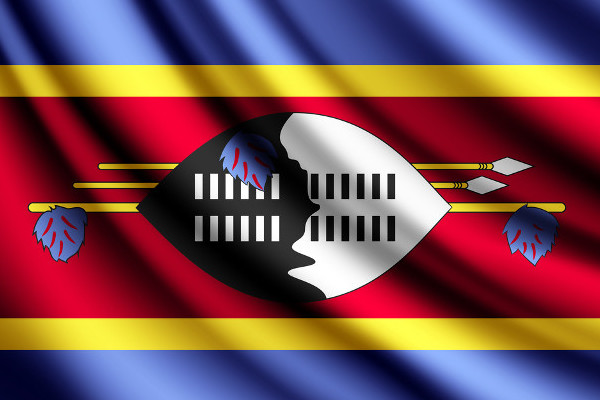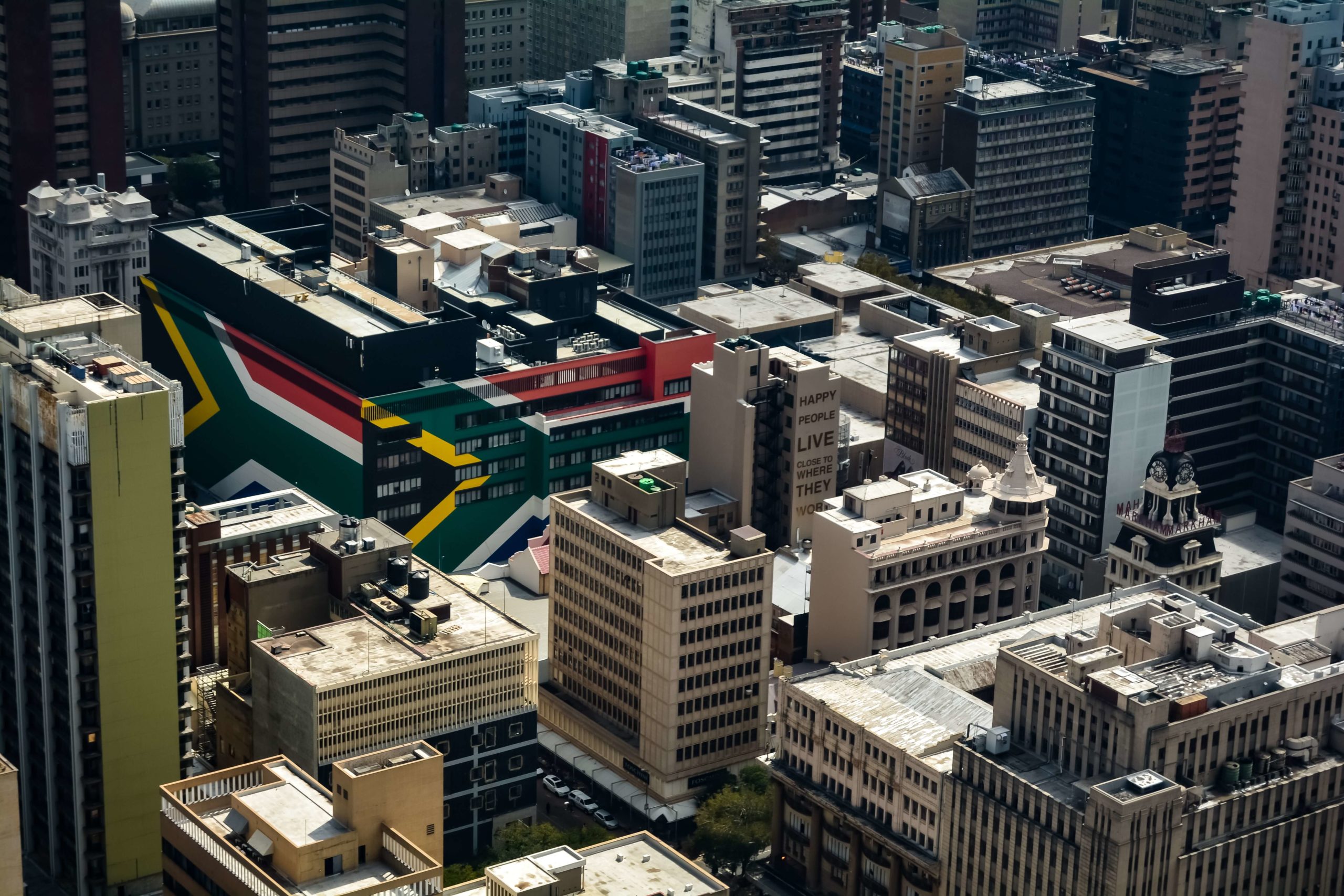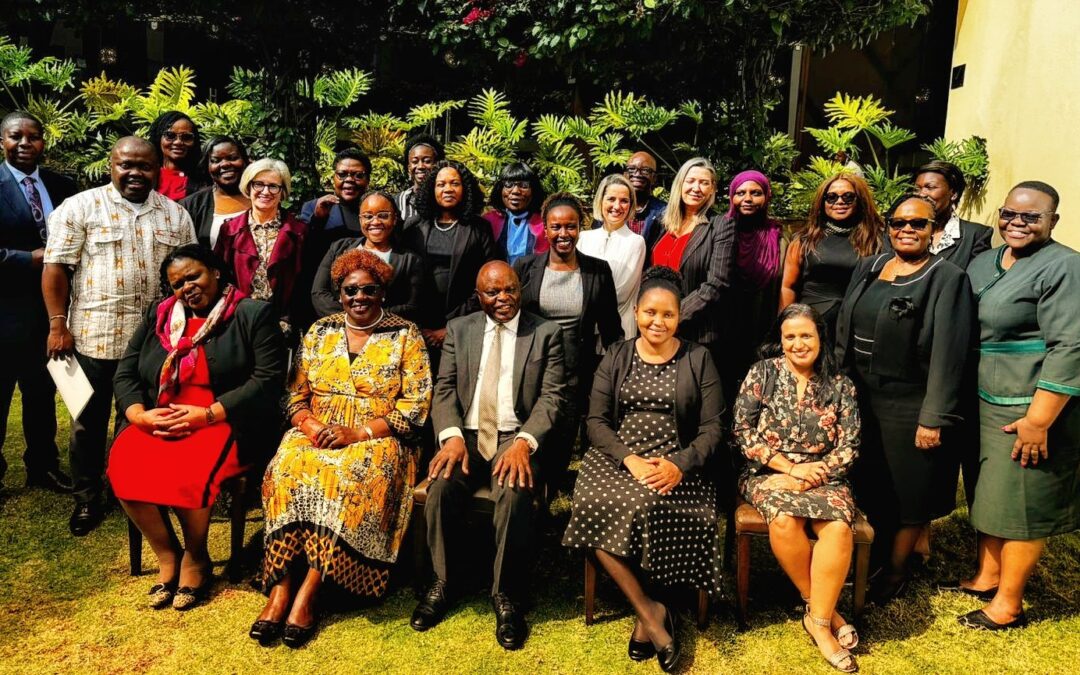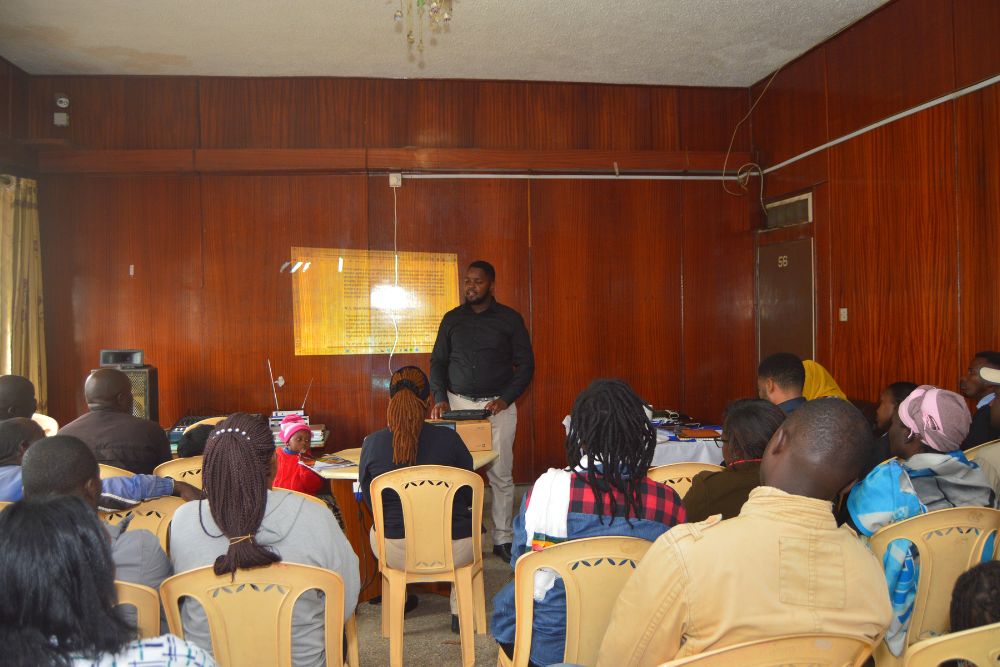
Aug 30, 2024 | News, Statements
The International Commission of Jurists (ICJ) is concerned that an ill-considered judgement issued on 13 August 2024 by Eswatini’s Supreme Court will allow for the continued overexpansive use of national security and counterterrorism laws to violate human rights and fundamental freedoms.

Aug 26, 2024 | Cases, Web Stories
Today, the ICJ will argue a case before the Supreme Court of Appeal, as an amicus curiae, that the rights to housing and work for persons working in the informal sector to reclaim waste for recycling must be protected in line with international law and standards.

Aug 7, 2024 | Advocacy, Cases, Legal submissions, News
As the Constitutional Court begins deliberations in a highly consequential case concerning sexual abuse in the South African Military, the International Commission of Jurists (ICJ) has submitted argument that South Africa bears obligations under international law to ensure that courts and tribunals, including military courts, are competent, independent, impartial and allow for a fair and public hearing.

Jul 25, 2024 | Advocacy, News
On 2 and 3 July 2024, the International Commission of Jurists (ICJ) and the Centre for Human Rights (CHR), University of Pretoria, jointly held a colloquium on women’s and girls’ sexual and reproductive health and rights (SRHR) in the Protocol to the African Charter...

Jul 22, 2024 | Advocacy, Reports
In Mathare, a large informal settlement in Nairobi, Kenya, there is an urgent need to improve access to quality public education, and to regulate private actors providing educational services in the community. These are some of the key findings in ‘Build Us More Schools’: The Quest for Quality Free Education in Mabatini and Ngei Wards of Mathare, Nairobi, a research report published today.









